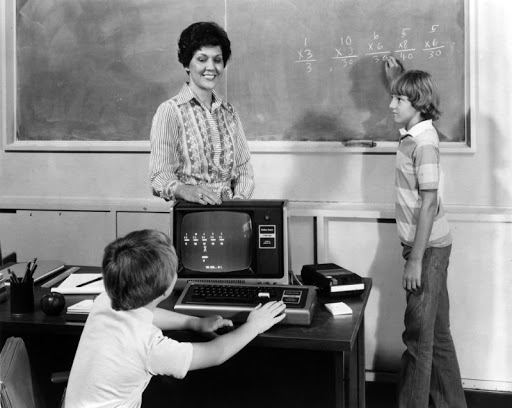Digital methods and resources enable new and valuable modes of inquiry, collaboration, research and teaching. At CREATE, we work towards supporting the organic adoption of digital methods and resources within existing course offerings at the UvA Humanities. CREATE researchers and engineers participate in various activities that map, consolidate, coordinate and extend teaching in digital methods and resources teaching at the UvA humanities.
We are always open to research collaborations and broadening our scope. We offer the option of research internships for viable up-and-coming academics. If you think an internship with the CREATE Team is for you, please contact us at createlab@uva.nl

Over the past years we have observed that students are very interested in working with digital sources and methods. Evidence of this were the request for research internships that occasionally reached us, and the enthusiasm of the participants of courses. The experience of the minor Digital Humanities that UvA taught with the VU University shows that Humanities students are often not prepared to take a separate minor for this, because they have specifically opted for a disciplinary study and seek a direct connection between the methods and the content of their study program. The approach we propose is based on stimulating the organic incorporation of digital sources and methods into existing courses, whether or not in the context of specific program revisions (such as GER’s assignment to the CREATE-sponsored Assistant Professor of Urban History and Digital Methods to make a plan for the integration of digital methods in the History courses, the intended integration of the MAs Urban History and Architectural History and of the MAs Archival Science and Preservation and Presentation of the Moving Image).
Various initiatives are being taken within the UvA for teaching in digital sources and methods. CREATE Assistant Professor Giovanni Colavizza, in his role of coordinator of the research theme AI for Cultural Heritage and his own research on digital methods, will integrate CREATE research and the services of the Lab into new initiatives, including the embedded research projects that are part of the new MA Media & Information track Cultural Data and AI (starts September 2024). This involves close collaboration with the University Professor of Humanities and AI Tobias Blanke and with the university’s Research Priority Area Human(e) AI. Research internships and/or master thesis projects will also be offered, as will be participation in workshops, data sprints and hackathons, such as those currently organized for the Amsterdam Time Machine and Performing Arts Data research themes.
The purpose of this part of the program is to explore the opportunity of a new continuous education offering at UvA Humanities in digital methods for cultural heritage professionals. The rapid developments in the digital technologies for collecting, making accessible, describing and interpreting cultural heritage items provide new opportunities for archives, libraries and museums to make the ‘Big Data of the Past’ accessible for study and reuse. Notwithstanding the various experiments that are taking place in institutions across the world, the implementation of such technologies in the institutional workflows, while upholding the principles and values of cultural heritage organizations, requires knowledge and skills that are not yet widely available in the sector.
